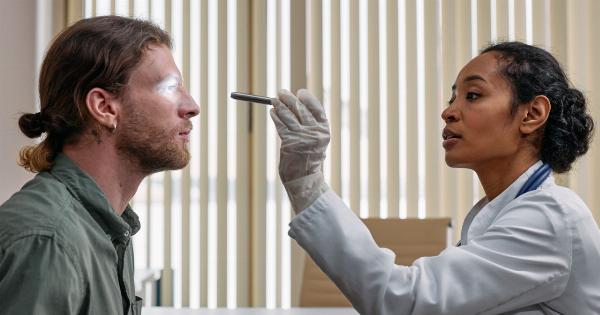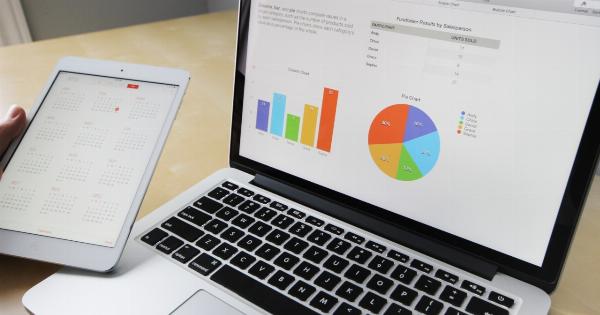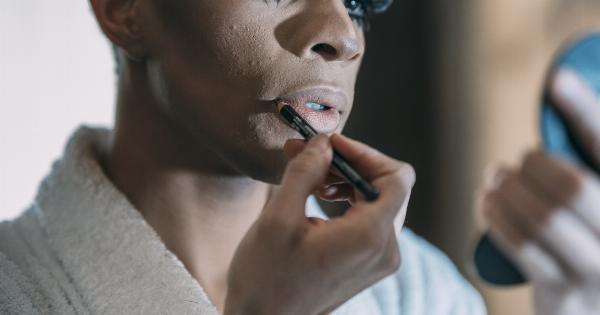Sexual orientation is a multifaceted aspect of human identity that has gained increasing attention and acceptance in recent years.
While progress has been made in understanding and acknowledging different sexual orientations, there is still much to learn about the experiences of individuals with non-heterosexual orientations. One particular area of research that has received limited attention is the study of bisexual men and their unique experiences.
The Fluidity of Sexual Orientation
Sexual orientation is often thought of as a fixed and stable characteristic, but research suggests that it is more fluid than previously believed.
For bisexual men, this means that their attractions, desires, and behaviors can vary over time and context. Some bisexual men may experience a relatively equal attraction towards both men and women, while others may experience fluctuating levels of attraction towards different genders.
Challenges and Disparities Faced by Bisexual Men
Bisexual men face a myriad of challenges and disparities due to their sexual orientation. In many cases, they confront stereotypes and misconceptions from both heterosexual and homosexual communities.
Bisexual men often struggle with issues such as internalized biphobia, stigma, and a lack of visibility within the LGBTQ+ community.
Research has shown that bisexual men are at an increased risk of mental health issues, including depression and anxiety, compared to heterosexual and homosexual individuals.
This disparity may be attributed to the unique challenges faced by bisexual men, such as discrimination, rejection, and identity struggles. Additionally, bisexual men may face difficulties when seeking support or accessing appropriate healthcare services that address their specific needs.
Understanding Bisexual Identity Development
One important area of research focuses on the development of bisexual identity. Similar to other sexual orientations, the process of understanding and accepting a bisexual identity can be complex and influenced by various factors.
Research indicates that bisexual men often experience a distinct journey of self-discovery and exploration, marked by periods of confusion, questioning, and self-acceptance.
Factors that contribute to the development of a bisexual identity include individual experiences, social environments, and cultural influences.
For example, bisexual men may face unique challenges in navigating heteronormative expectations and assumptions about sexual orientation. It is crucial to acknowledge and understand these factors to provide appropriate support and resources for bisexual men throughout their identity development.
Intersectionality and Bisexual Men
Understanding the experiences of bisexual men also requires considering the concept of intersectionality, which recognizes that an individual’s identity is shaped by multiple intersecting aspects, such as race, ethnicity, class, and gender.
Bisexual men from marginalized communities may face compounded challenges due to intersecting systems of discrimination and oppression. For instance, bisexual men of color may experience discrimination not only based on their sexual orientation but also due to racism and cultural factors.
Challenging Myths and Stereotypes
Myths and stereotypes surrounding bisexual men persist in society, contributing to misunderstandings and erasure of their experiences. One prevalent myth is that bisexuality is a transitional phase or a stepping stone towards homosexuality.
Research has consistently found that bisexuality is a valid and stable sexual orientation, highlighting the importance of challenging these myths to foster genuine understanding and support for bisexual men.
Another misconception is that bisexual men are promiscuous or incapable of monogamy. These stereotypes can lead to assumptions about their capabilities for committed relationships and may negatively impact their interpersonal connections.
It is crucial to address these stereotypes through education, awareness, and visibility to debunk harmful narratives and promote inclusivity.
The Importance of Inclusive Research and Support
To improve our understanding of bisexual men and their experiences, it is vital to prioritize inclusive research methodologies.
Researchers must consider the diversity within the bisexual community and ensure that their findings represent a wide range of experiences. By incorporating intersectional perspectives and amplifying the voices of bisexual men, researchers can contribute to a more comprehensive and accurate understanding of their lives.
Moreover, it is crucial to develop tailored support and resources that specifically address the challenges faced by bisexual men.
This includes mental health services, educational campaigns, and community support systems that prioritize inclusivity and advocate for the rights and well-being of bisexual individuals.
Conclusion
The complex world of sexual orientation includes a diverse range of individuals and experiences. Research on bisexual men sheds light on the unique challenges they face and the need for increased awareness, acceptance, and support.
By expanding our knowledge and dismantling stereotypes, we can create a world that values and respects the diversity of sexual orientations, including bisexuality.


























